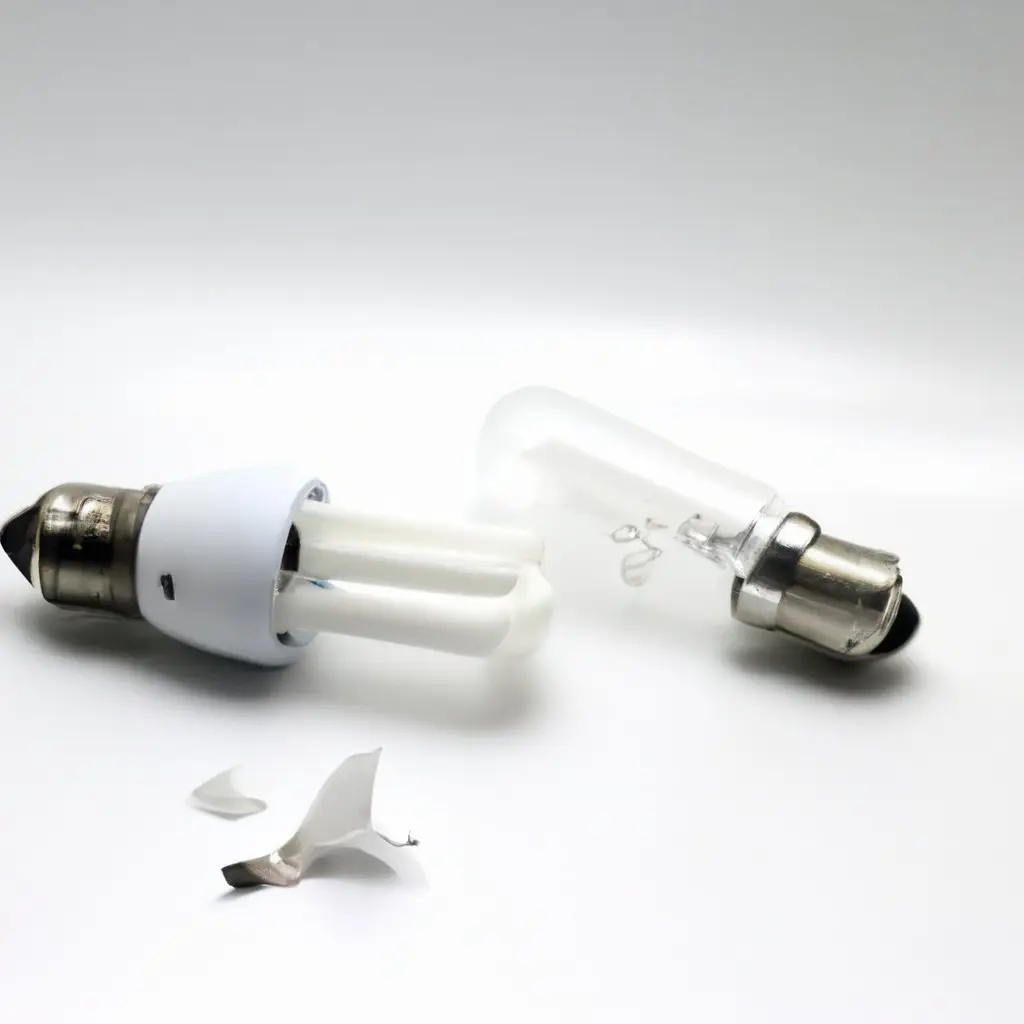The Complete Guide to Frequent Light Bulb Blowouts & How to Prevent Them
What is a Frequent Light Bulb Blowout?
 A frequent light bulb blowout is a common occurrence that happens when a light bulb starts to fail and blows out. It’s fairly easy to identify a blown out light bulb. It will have a dark spot on the end of the filament where the heat has been removed.
A frequent light bulb blowout is a common occurrence that happens when a light bulb starts to fail and blows out. It’s fairly easy to identify a blown out light bulb. It will have a dark spot on the end of the filament where the heat has been removed.
Many things can cause a frequent light bulb blowout. For example, if there is too much heat in the area, or if you are too close to it, or if you have something metallic near it that is conductive.
There are many causes of this problem and depending on what causes your light bulbs to blow out, there are different solutions.
How Can I Reduce my Chance of a Light Bulb Blowout?
A light bulb failure rate is a common occurrence. However, there are some precautions you can take to reduce your chance of a blown bulb.
If you have an incandescent light bulb, you should remove it from the socket and replace it with a CFL or LED light bulb. If you have a fluorescent light, replace the tube with one designed for use with a different type of fluorescent lamp.
In case your house is older, make sure that all your light fixtures are UL listed and that they are in good shape. If they aren’t, fix them before using them again.
What Causes a Light Bulb to Fail?
Light bulbs are a common household item that most of us take for granted. But what happens when they start to fail?
A light bulb is made up of a filament wrapped in a wire coil and surrounded by a vacuum inside an evacuated glass or quartz globe. When the filament heats, it emits light in the form of photons. Electrical current passing through the wire coil generate the heat. If there is no current, then there will be no heat and therefore, no light emitted from the bulb.
How Can I Prevent a Light Bulb from Blowing Out?
When you have a light bulb that blows out too often, it can be a hassle and expensive to replace. Here are some ways you can prevent frequent light bulb blowouts.
Light bulbs blow out for many reasons, including being too close to other objects or having too much heat near them. You should also make sure that your light bulbs are clean and not dusty, as dust will cause them to burn out more quickly.
If you’re worried about how your light bulbs are blowing out, try using a timer instead of an on/off switch. This will reduce the amount of heat in the room and help keep your light bulbs from burning out so quickly. If your light bulbs are blowing out, try using a timer instead of an on/off switch. This will reduce the amount of heat in the room and help keep your light bulbs from burning out so quickly.
Learn How to Avoid and Prevent Frequent Light Bulb Failure
Light bulbs are one of the most common household items, and they are also the most frequent items to fail. In this article, we will cover how to avoid and prevent light bulb failure.
There are over 100 billion light bulbs in use worldwide. It is not surprising that there is a lot of concern about their durability. Light bulbs need a lot of care as they can easily break if not handled properly. For instance, if you drop them or put them in too hot a place, like an oven or dishwasher.
In order to avoid these problems, you should keep your light bulbs away from heat sources. Try not to drop them. They could break into several pieces which could cause a fire hazard if lit up like candles.
Emergency Electrician Northampton
The idea of an emergency electrician is to provide quality service in less than 24 hours. They are available at any hour and have trained technicians who can fix any problem.
If you’re looking for emergency electrician Northampton, we’re your go-to solution! Our team of experts is available 24/7. We offer competitive rates, so you can get back to running your business as soon as possible.
We also collaborate with: Emergency Electrician in Birmingham, Emergency Electrician in Warrington, Emergency Electrician in Coventry, Emergency Electrician in Somerset.
